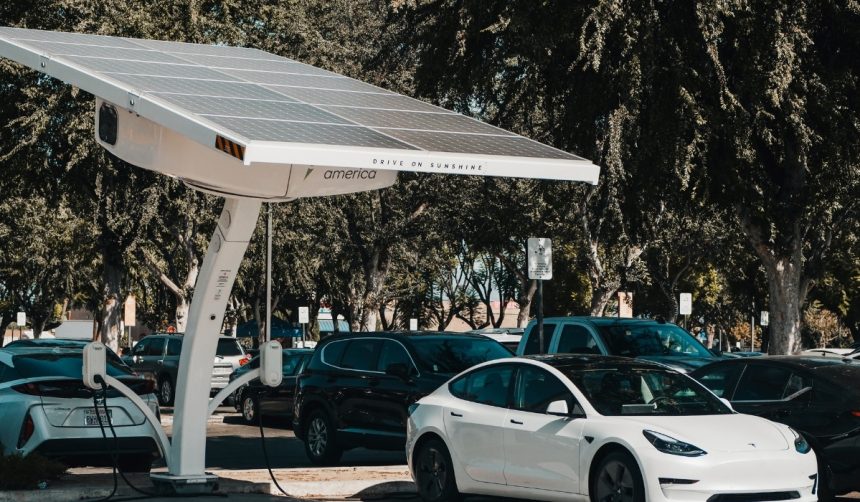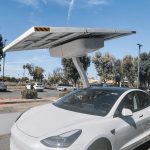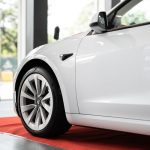A growing group of Tesla enthusiasts in Sweden has taken on a more activist role to persuade Stockholm officials to allow Full Self-Driving (FSD) technology testing within the city. These efforts illustrate not only consumer engagement with the brand but also underline a wider debate about the future of autonomous vehicle technology in urban environments. As discussions intensify, questions about public safety, innovation, and local government jurisdiction surface, drawing in voices from both the company’s supporters and city leaders. The ongoing dialogue signals a pivotal moment for how technology and public policy intersect in Sweden, where Tesla’s presence continues to prompt both enthusiasm and resistance.
Information from earlier reports indicates that opposition to FSD testing in Stockholm has remained consistently strong, with city officials citing safety and regulatory concerns since the initial proposals emerged. While other European cities have expressed openness to trial autonomous driving systems, Stockholm’s stance has remained notably cautious despite similar lobbying efforts in the past. The involvement of Swedish Tesla owners, which has become more organized and publicly visible, marks a shift in the tone and tactics compared to prior individual appeals or generic inquiries, reflecting escalating tensions between the municipality and Tesla’s local advocates.
What Motivates Tesla Owners to Lobby for FSD Tests?
Tesla owners recently launched a coordinated campaign, including open letters and social media outreach, urging Stockholm’s officials to reconsider their rejection of FSD-style test trials. Their arguments highlight regional and European momentum for autonomous testing and focus on what they describe as an opportunity to improve safety and advance technology locally. In correspondence to the city, the owners emphasized the political implications, stating,
“Members of the Traffic Committee are politically appointed by the Stockholm City Council, whose mandate is determined by the popular vote… Your stance—continuing to block a conditional pilot of FSD— is thus a political decision and fully subject to the electorate’s judgment in the next municipal election.”
This approach signals a broader mobilization among Tesla drivers keen to see innovative automotive solutions on Stockholm’s streets.
How Are Regulatory Bodies Responding?
The Swedish Transport Administration acknowledged the feedback and outlined the permit process for FSD tests, clarifying that while it could grant preliminary approval, local governments like Stockholm hold significant decision-making power over whether trials proceed within their jurisdictions. This division of regulatory authority has sustained the deadlock, as national openness to trials meets local reluctance. The Transport Administration’s position underscores the complexity of policy implementation for new technologies operating within multiple regulatory frameworks.
Why Does Stockholm Maintain Its Ban on Tesla FSD?
Stockholm authorities reiterated their refusal, citing unchanged assessments and communicating directly to concerned citizens that their policy would stand. The city’s communications stressed that the current decision remains based on established procedures and previously stated positions. Despite ongoing lobbying, officials have shown no indication of softening their position, leaving FSD tests by Tesla off the table for now. In response, some Tesla owners have expressed intentions to organize politically ahead of local elections.
The dispute over FSD testing enters an environment already complicated for Tesla in Sweden, owing to labor conflicts and union pushback that have led to strikes and legal action since 2023. Notably, Tesla has continued expanding local infrastructure, installing Superchargers even within union-dominated territories. This demonstrates the company’s intention to maintain and grow its Swedish footprint despite repeated setbacks, adding another layer of complexity to the ongoing debate surrounding FSD approval in Stockholm.
Recent developments in Sweden highlight the difficult balance between local authority and the ambitions of global technology brands. For readers following trends in urban transportation, the Swedish case reveals the multi-layered challenges that come with deploying new vehicle technologies—especially autonomous systems like Tesla’s FSD. Policymakers, residents, and business leaders can benefit from understanding the Swedish approach: city-level resistance matters, even when national agencies appear more accommodating. In future discussions on autonomous vehicle legislation, this episode demonstrates the value of local consensus and public engagement, as well as the persistence required from both innovators and regulators to resolve contentious issues. As autonomous vehicles gain traction globally, Sweden’s example serves as a case study in the practical realities of introducing advanced technology to established urban settings.
- Tesla owners intensify lobbying as Stockholm holds firm on FSD testing ban.
- National officials show openness, but city maintains regulatory control.
- Local political and labor disputes complicate Tesla’s expansion efforts.










